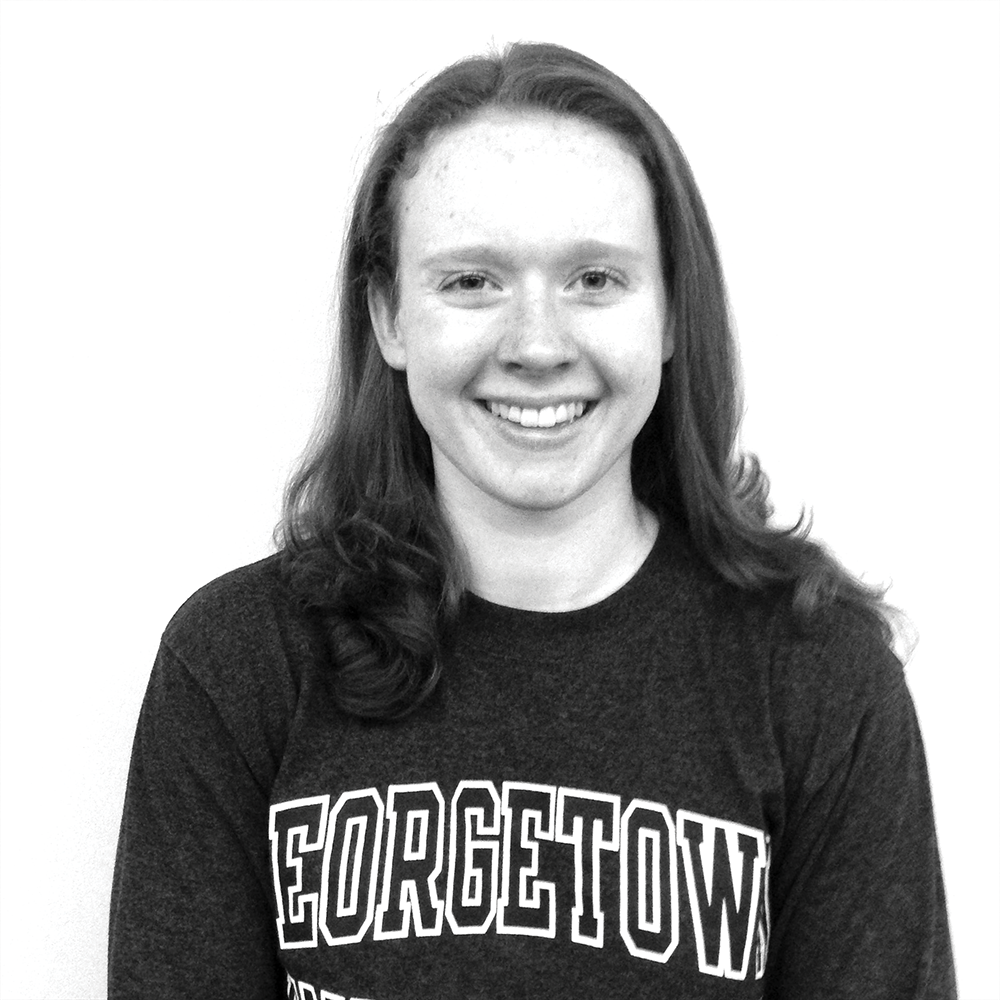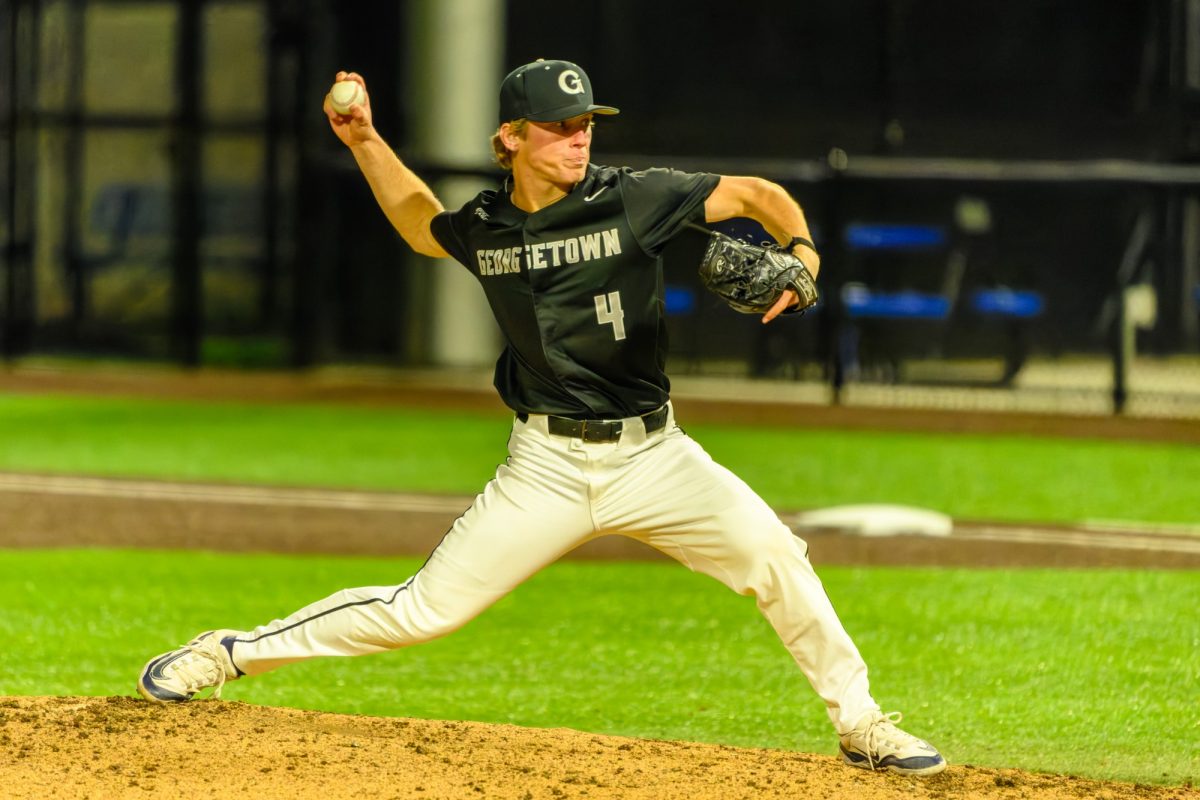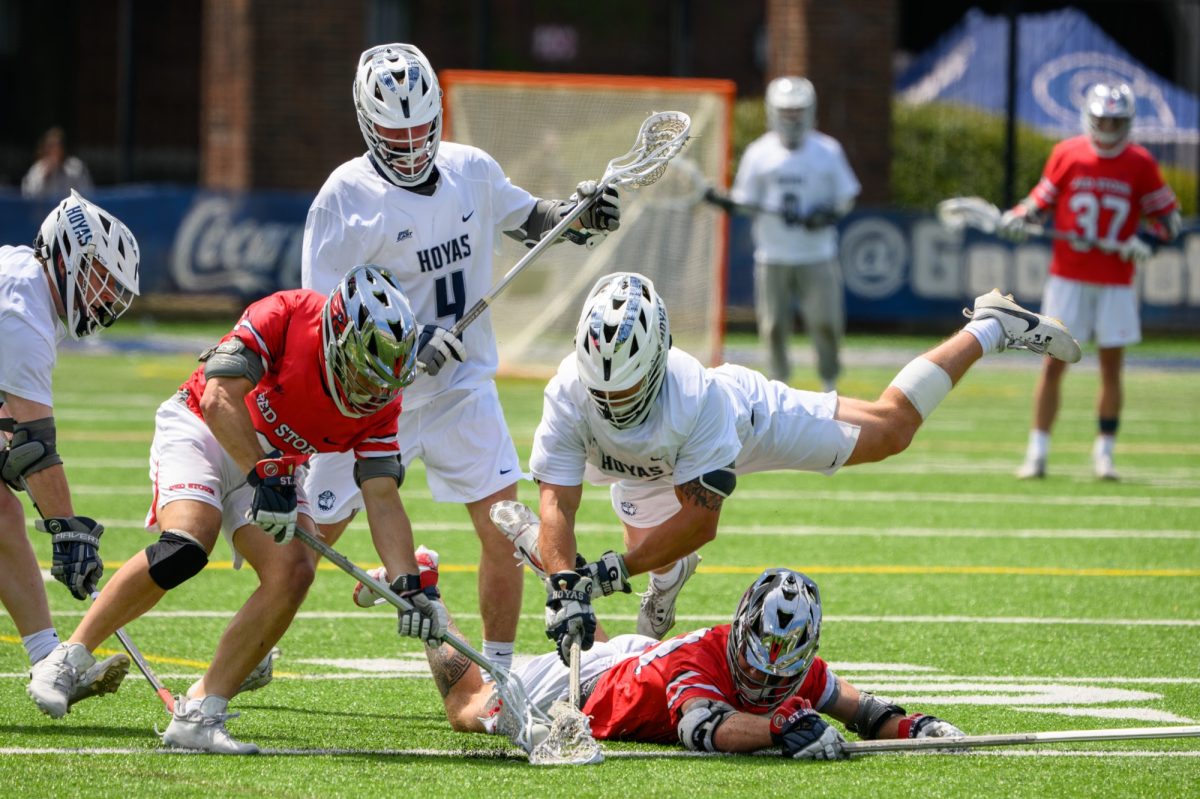Homecoming is happening all over the country, mostly without incident. Baylor University, however, made the news because of a particular float by a group called NoZe Brotherhood. It featured a pickup truck pulling a rug and members sweeping things underneath it as it drove, referring to the university’s recent mishandling of and subsequent silence about a sexual assault scandal earlier this year.
Aside from firing the football head coach, athletic director and president, the school failed to follow up with effective action or even release a full report on the incident. According to a New York Times article printed in July, there was simply no paper trail.
The lawyers from Pepper Hamilton, who were hired by the school to investigate the case, gave an oral report on the case, and the only written material was 13 pages summarizing the case with some recommendations.
Even when schools do take action, it is usually not enough to compensate the victims, and the courts often give the offending athletes the benefit of the doubt. Stanford’s Brock Turner case was monumental in that the perpetrator was actually found guilty and punished.
However, Turner was given an extremely lenient sentence of six months, of which he served only half. The judge, in his ruling, stated that “a prison sentence would have a severe impact on [Turner.]” There was a subsequent plethora of petitions demanding harsher measures, but none came to fruition.
Where does this sort of attitude come from and how can it be eradicated? Everyone heard how Donald Trump defended himself when asked about the 2005 video in which he bragged about sexually assaulting women. He called his comments “locker room talk” and nothing more than that.
This remark serves to highlight the notion that a locker room is a place where men can discuss and denigrate women. This in turn has generated backlash from many athletes, including a member of the Amherst College men’s soccer team, who recently wrote an op-ed piece in The Huffington Post this past Sunday: “We do not know what locker room Donald Trump uses. It clearly doesn’t represent the one we use every day.”
Others have made similar arguments. A recent ESPNW article discussed a new Netflix documentary called “Audrie & Daisy,” which explores the stories of two sexual assault victims. One of the survivors, Daisy, is an athlete herself, and her brother is a baseball coach who focuses on teaching his athletes the importance of respecting women.
The filmmaker, Jon Shenk, commented on the impact of sports, saying, “Sports can have an excellent influence or they can have a really negative influence, depending on the vibe of the team and the vibe of the coach. …We think sports have a giant role to play in the solution to this.”
There seem to be two extreme roles sports can play in the solution to this ongoing issue of collegiate sexual assault. A recent survey released by Medical Daily revealed that 54 percent of athletes at a university have admitted to committing a “sexually coercive” act in their life, while 38 percent of non-athletes said they have done the same.
These statistics are horrifying regardless of athletic status, and it is difficult to say how much one can extrapolate, but there may be something revealing in these numbers.
On the other hand, the retaliation Trump has received from athletes shows that many do not share his attitude toward women, as some are actively trying to be a part of a more positive conversation. As the aforementioned Amherst soccer player said, “Our team is by no means perfect on these fronts, but we want to be part of the solution.”
Georgetown has also been very proactive in addressing the issue of sexual assault, having conducted a thorough campus climate survey last year, and encouraging athletic teams of all levels to attend a forum on the topic.
Schools across the nation should take steps like this and more to facilitate discussion and increase the dialogue around athletics and sexual assault. Athletes have a responsibility as role models and simply as human beings. Teaching them to respect and appreciate women should be an integral part of any educational institution serious about eradicating rape culture.
 Sinead Schenk is a senior in the College. A Level Playing Field appears every other Tuesday.
Sinead Schenk is a senior in the College. A Level Playing Field appears every other Tuesday.




















